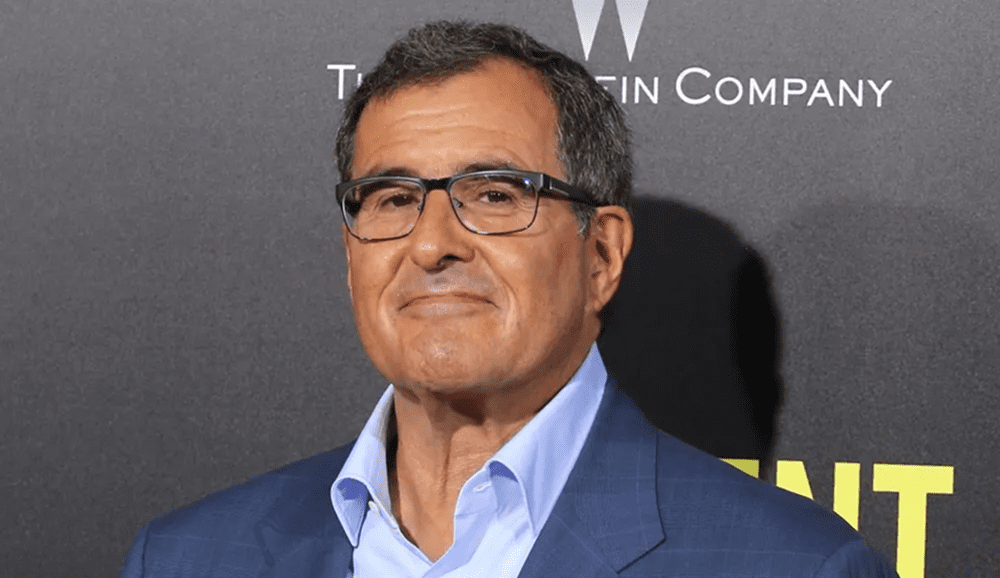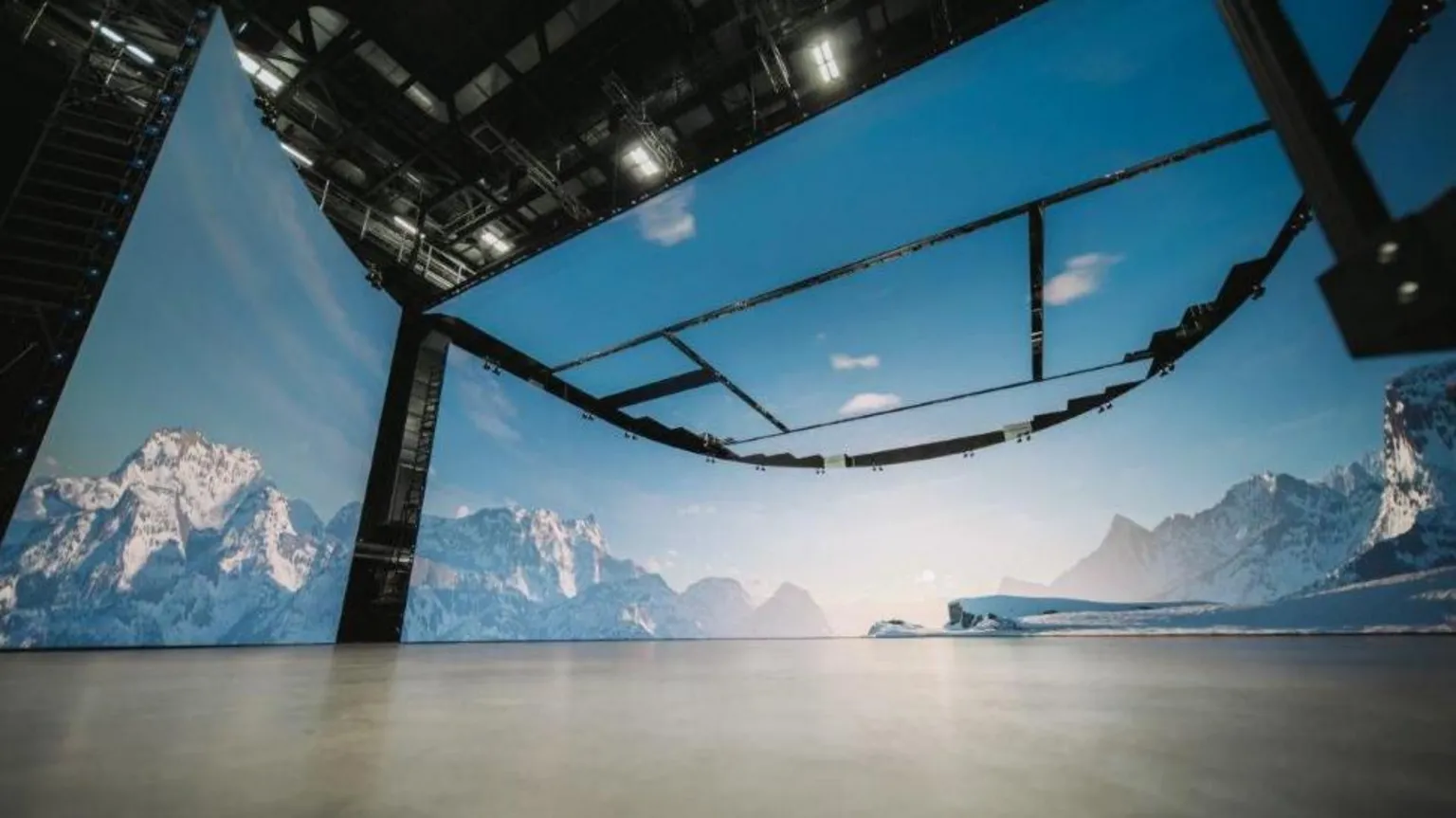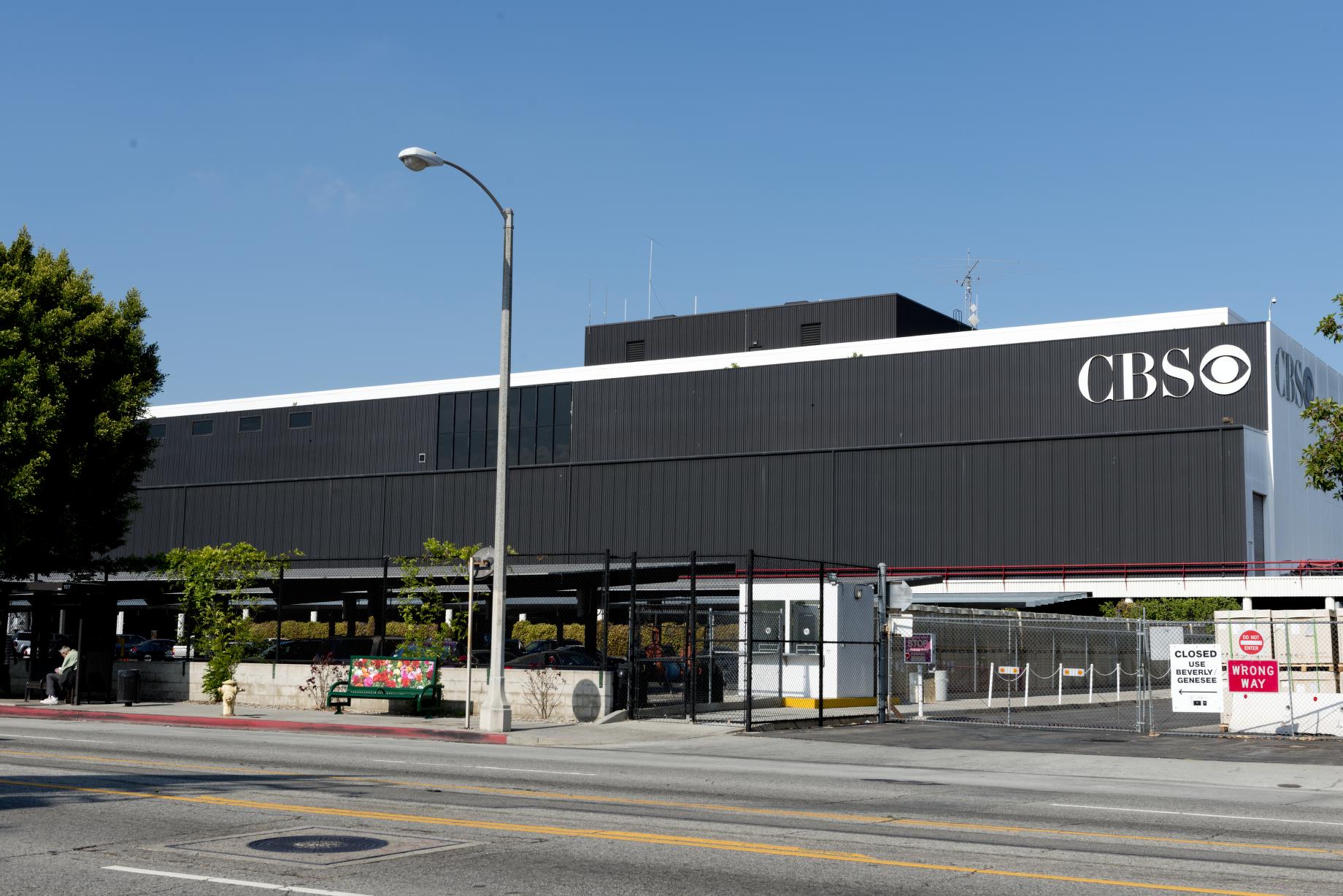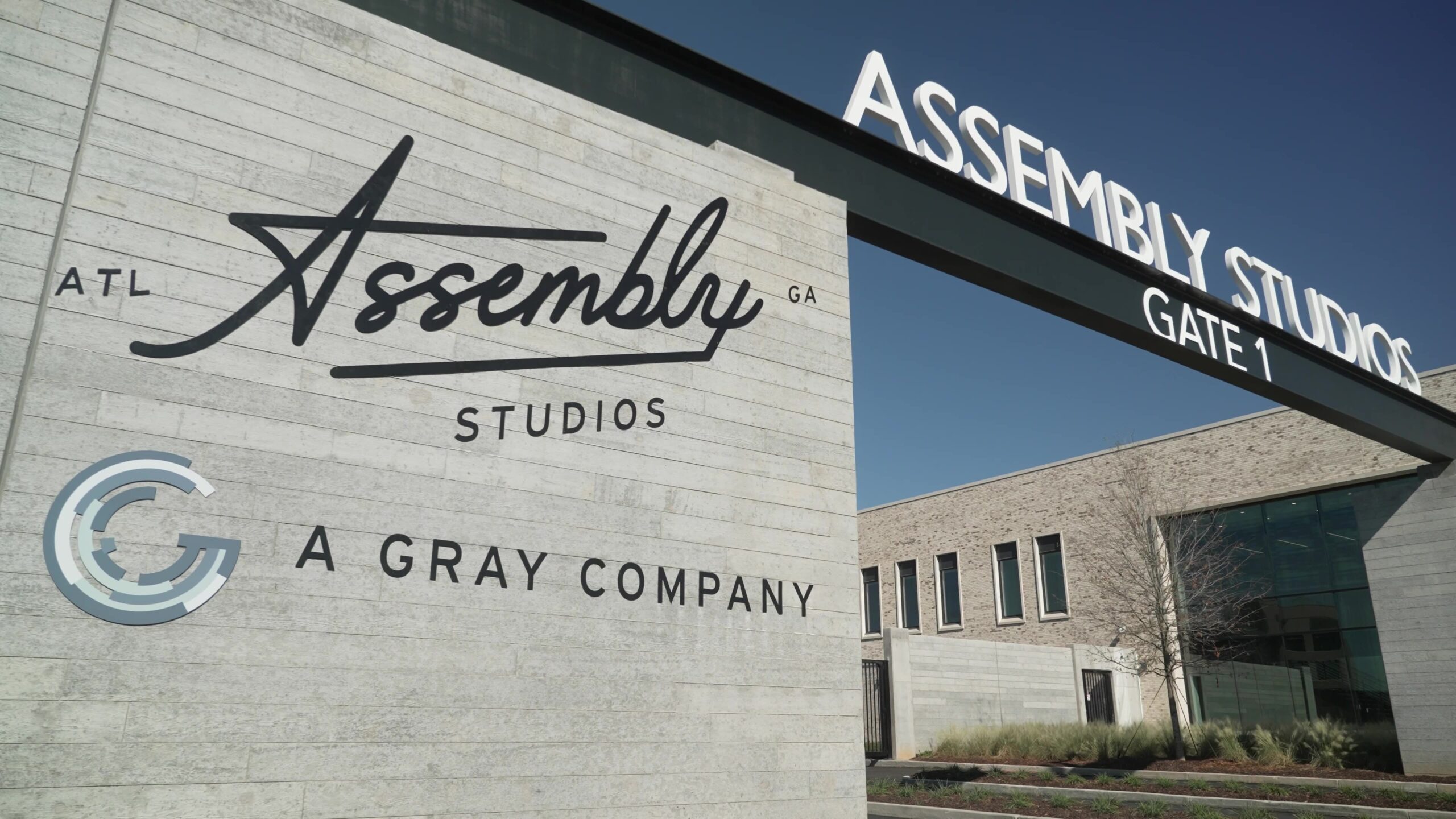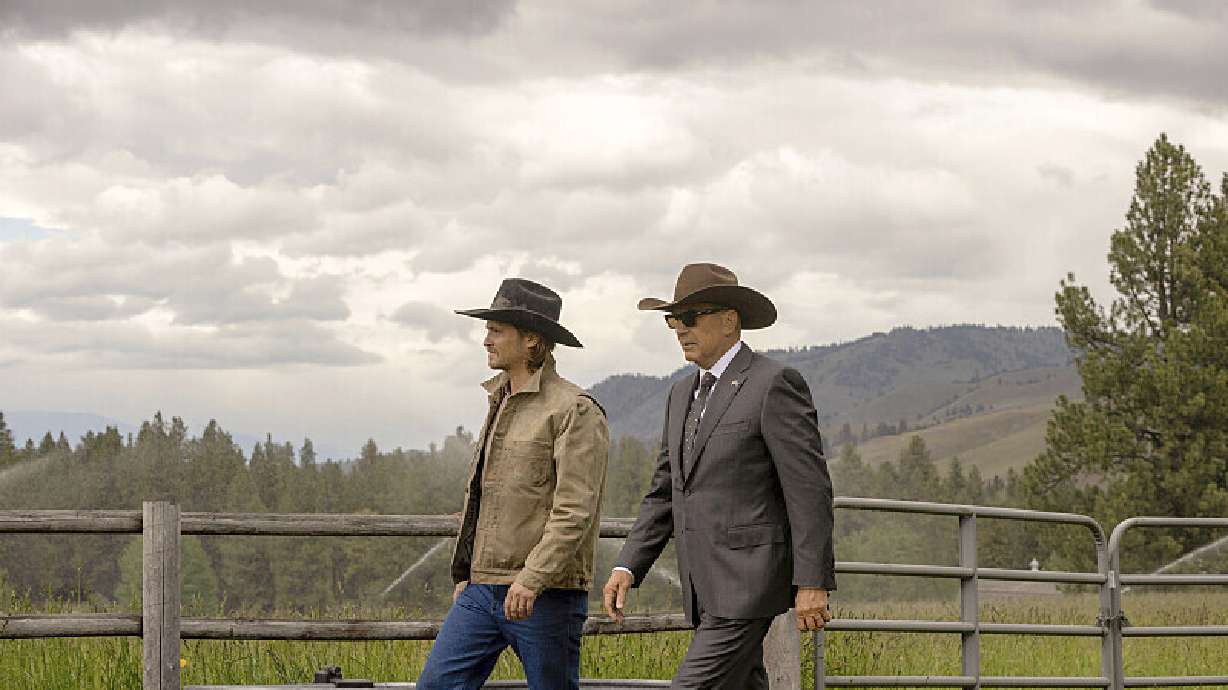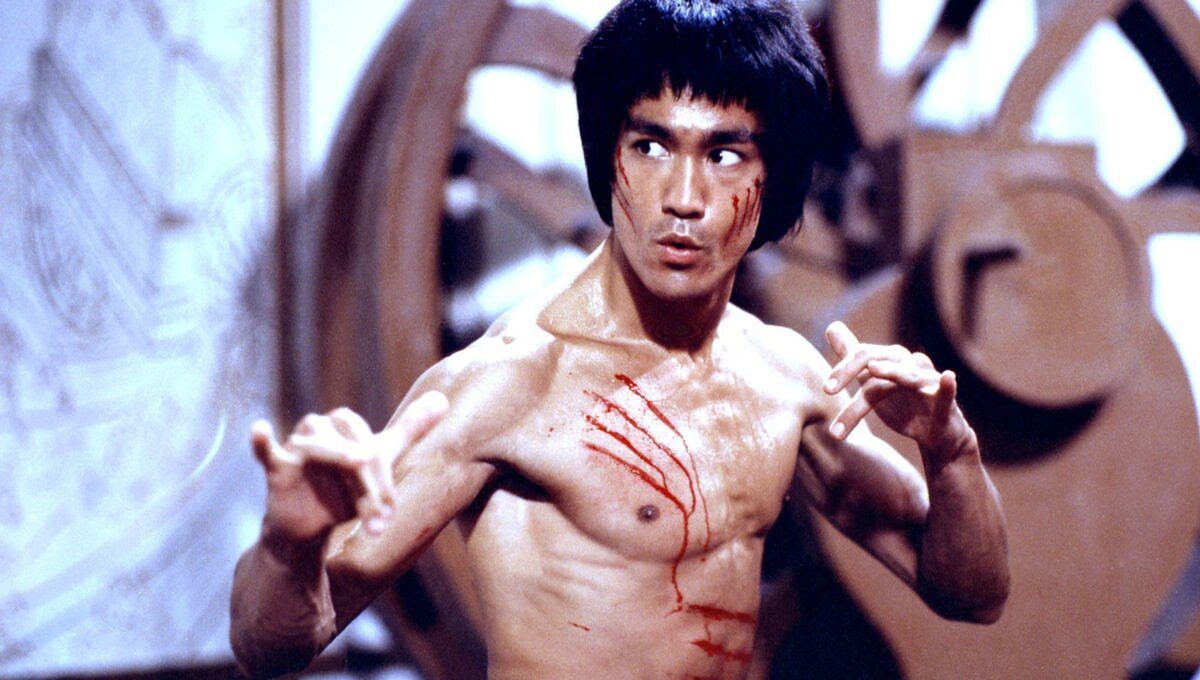
- June 22, 2025
China Launches AI Revival of Bruce Lee, Jackie Chan & Jet Li Kung Fu Classics
Facebook
Twitter
LinkedIn
Threads
Email
Latest Blogs
Related News
- June 22, 2025
Apple TV+ is doubling down on prestige cinema, inking a multi-year, first-look deal with Chernin Entertainment—the powerhouse production banner behind Ford v Ferrari, The Planet of the Apes franchise,...
- June 21, 2025
The internet is buzzing this week with a striking new wave of AI-generated franchise vlogs, and the most explosive among them is “A Stormtrooper Vlog | The Adventures of Dave and Greg”. This immersive...
- June 19, 2025
A bold new chapter in Northern Ireland’s production landscape begins this week with the official opening of Studio Ulster—a state-of-the-art virtual production facility designed to compete on a global...
- June 18, 2025
As lawmakers weigh a $750 million expansion to California’s tax credit program, insiders argue the clock is running out on the state’s production future. On June 11, a cross-section of Hollywood creat...
- June 18, 2025
The longest-operating film studio in Los Angeles is now for sale—offering not just a rare slice of industry real estate, but a stark test of the current demand for production space in Hollywood’s post...
- June 17, 2025
In response to a dramatic slowdown in scripted television production across Los Angeles, major soundstage owner Hackman Capital Partners is taking a bold new direction — opening facilities to social m...
- June 16, 2025
In a significant move that further cements Georgia’s status as a film and television production powerhouse, the Georgia Film Academy (GFA) has announced a new partnership with Assembly Studios that wi...
- June 16, 2025
High-volume drama, rapid production, and local filming set the series apart
As streaming giants recalibrate for a post-peak TV era, Max’s The Pitt has quietly established itself as a prototype for a ...
- June 16, 2025
Paramount’s ‘Y: Marshals’ Leads $57M Production Wave in the Beehive State
A wave of fresh productions is heading to Utah, as the state doubles down on its film incentive strategy. Among the newly app...
- June 16, 2025
In the middle of the U.K.'s surging production boom, one company has quietly become indispensable to some of the world’s biggest blockbusters. Clear Angle Studios, a global leader in 3D capture and ph...






